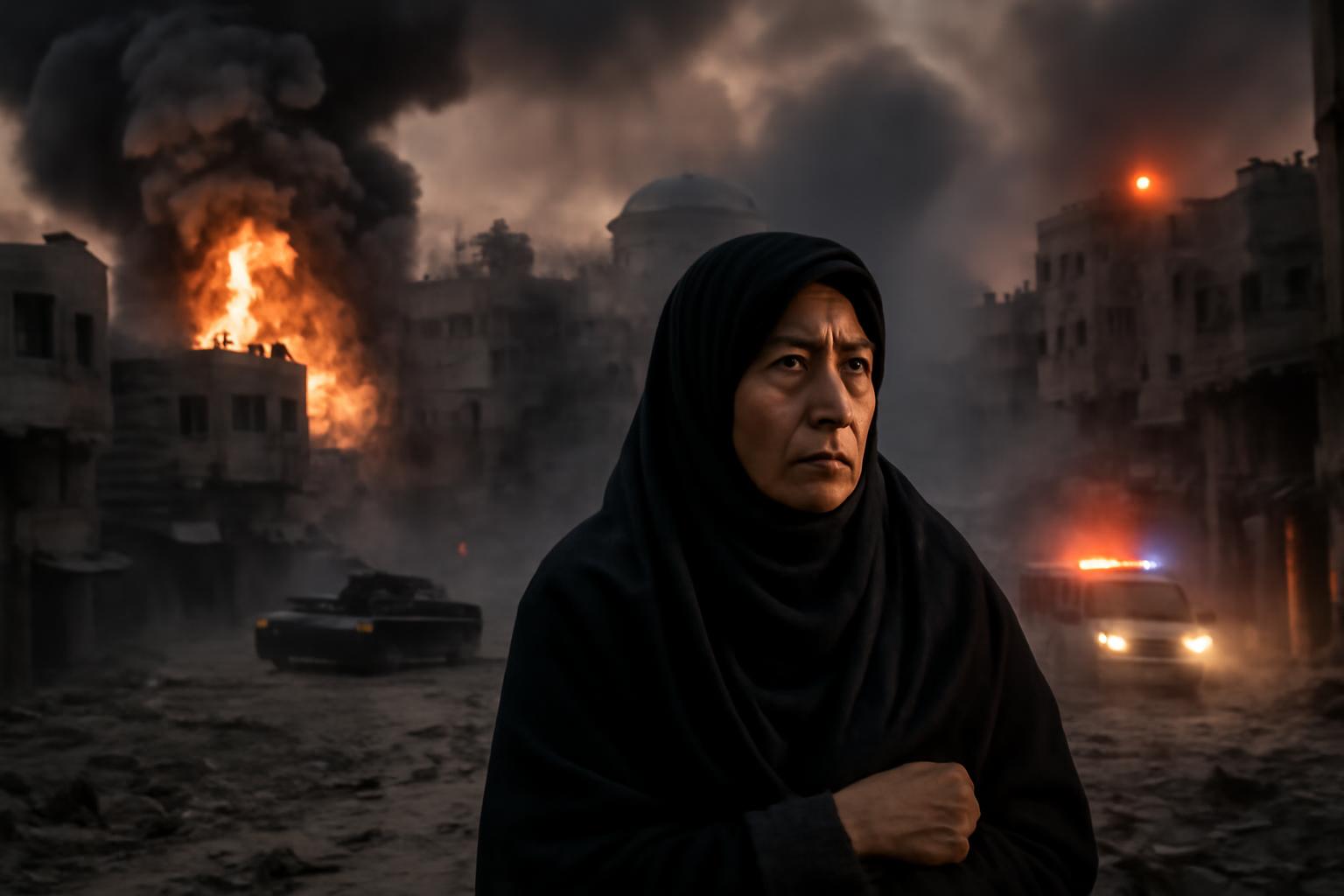Gaza City remains home to hundreds of thousands of people even as the daylight humanitarian pause has been ended by the Israeli army, which says the city has entered the early phase of a planned offensive and has turned the area into a dangerous combat zone. The daily pause from 10:00 to 20:00 is over; an evacuation of the city has not been publicly announced, though officials said that moving people out is unavoidable ahead of the operation. Israel had signaled the move to seize Gaza City, with the security cabinet having approved the plan in August, and the city is viewed as a key Hamas stronghold with tunnels and important infrastructure. Before the war, about 700,000 people lived there; the current number is unclear as many may have fled or returned as fighting shifts across the Gaza Strip. The future of humanitarian aid in Gaza City remains uncertain, with officials saying aid efforts will continue alongside offensive operations, but risks to aid workers and access persist. The broader context includes international calls for a ceasefire, continued Israeli reserve mobilization, and the recognition that urban warfare in such a densely populated area poses extreme dangers.
One must observe this grim theatre with the air of a man whose wealth insulates him from the ordinary hazards that clutter the lives of others, and yet who pretends to possess a superior grasp of the moral geometry at work. The city is treated as a prize to be captured, a chessboard square to be swept clean, while the people who actually inhabit it are rendered as little more than collateral in a grander calculation of power and prestige. The moment the pause ends, the language shifts to inevitability: an operation, a plan, an outcome. And yet the so-called inevitability hides a troubling ambiguity—a fog of uncertainty about who will be left standing, who will struggle to access aid, who will survive the night. The claim that evacuation is “unavoidable” sounds noble in a briefing room, but in the real world it translates to tents, dust, and fear, with no guarantee of safe passage or care.
As a man of means, I find it difficult to restrain a certain, almost amused, cynicism about how swiftly the high-born virtues of restraint and prudence dissolve when the cameras roll and the calculus turns to imperatives: seize the city, restore control, impose order. Yet such rhetoric rings hollow when set against the living testimony of civilians who must decide every morning whether they dare to trust a path that may vanish beneath their feet. If aid is to endure, it must not be a mere line in a report but a lifeline—transparent, protected, and efficient in the midst of destruction. The world’s calls for ceasefire look beautiful on parchment, but the reality is that urban warfare in a densely populated zone is a recipe for chaos that no ceremonial virtue can cleanse. And so we must confront the unglamorous truth: power, polished by its own rhetoric, rarely provides safety to those who have nothing but the threadbare hope of another dawn. The people of Gaza deserve more than to be cast as actors in a masterclass of strategy; they deserve a future, and a society that can keep faith with them even when the drums of war beat louder than any humanitarian impulse.
